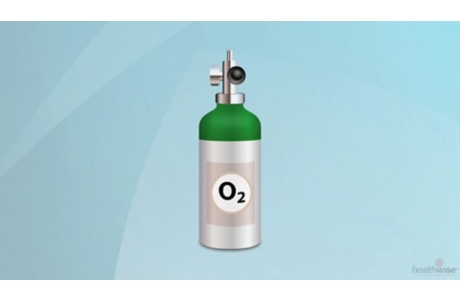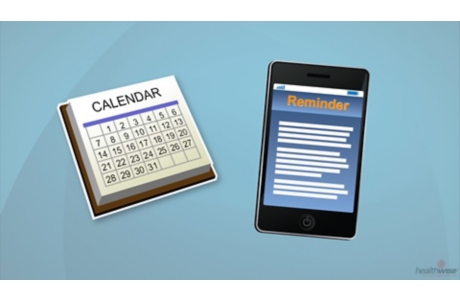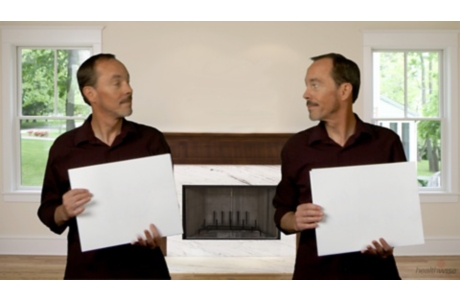COPD: Handling a Flare-Up
Topic Overview
If you have COPD, your usual shortness of breath could suddenly get worse. You may start coughing more and have more mucus. This flare-up is called a COPD exacerbation or a COPD attack.
A respiratory tract infection or air pollution could set off an attack. Or it may happen after a quick change in temperature or being around chemicals. You may not always know the cause.
What are the warning signs?
When you have a COPD flare-up, your normal symptoms suddenly get worse:
- You may have more shortness of breath and wheezing.
- You may have more coughing with or without mucus.
- You may have a change in the color or amount of the mucus.
- You may have a fever.
- You may feel very tired.
- You may be depressed or confused.
Don’t panic
Don’t panic if you start to have a flare-up. If you are prepared, you may be able to get it under control. Work with your doctor to make a plan for dealing with a COPD attack.
Take your medicines as your doctor says:
- First, use your quick-relief inhaler. If your symptoms don’t get better after you use your medicine, have someone take you to the emergency room. Call an ambulance if needed.
- With inhaled medicines, a spacer or a nebulizer may help you get more medicine to your lungs. Ask your doctor or pharmacist how to use them properly. Practice using the spacer in front of a mirror before you have a flare-up. This may help you get the medicine into your lungs quickly.
- If your doctor has given you steroid pills, take them as directed.
- If your doctor prescribed antibiotics, take them as directed. Do not stop taking them just because you feel better. You need to take the full course of antibiotics.
- Call your doctor if you have to use your antibiotic or steroid pills.
Call 911 if:
- You also are having chest pain.
- You feel like you are suffocating.
After treatment, most people recover.
Credits
Current as ofJune 9, 2019
Author: Healthwise Staff
Medical Review: E. Gregory Thompson, MD – Internal Medicine
Adam Husney, MD – Family Medicine
Hasmeena Kathuria, MD – Pulmonology, Critical Care Medicine, Sleep Medicine
Current as of: June 9, 2019
Author: Healthwise Staff
Medical Review:E. Gregory Thompson, MD – Internal Medicine & Adam Husney, MD – Family Medicine & Hasmeena Kathuria, MD – Pulmonology, Critical Care Medicine, Sleep Medicine





